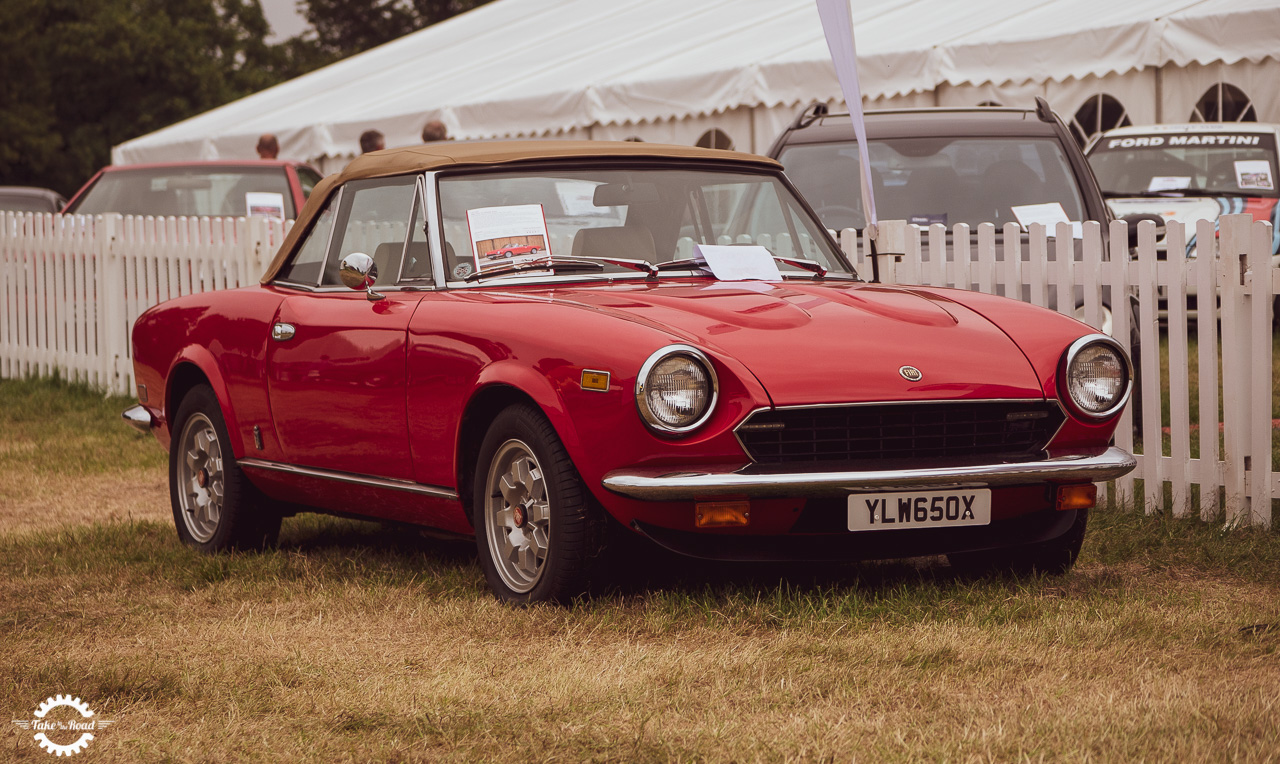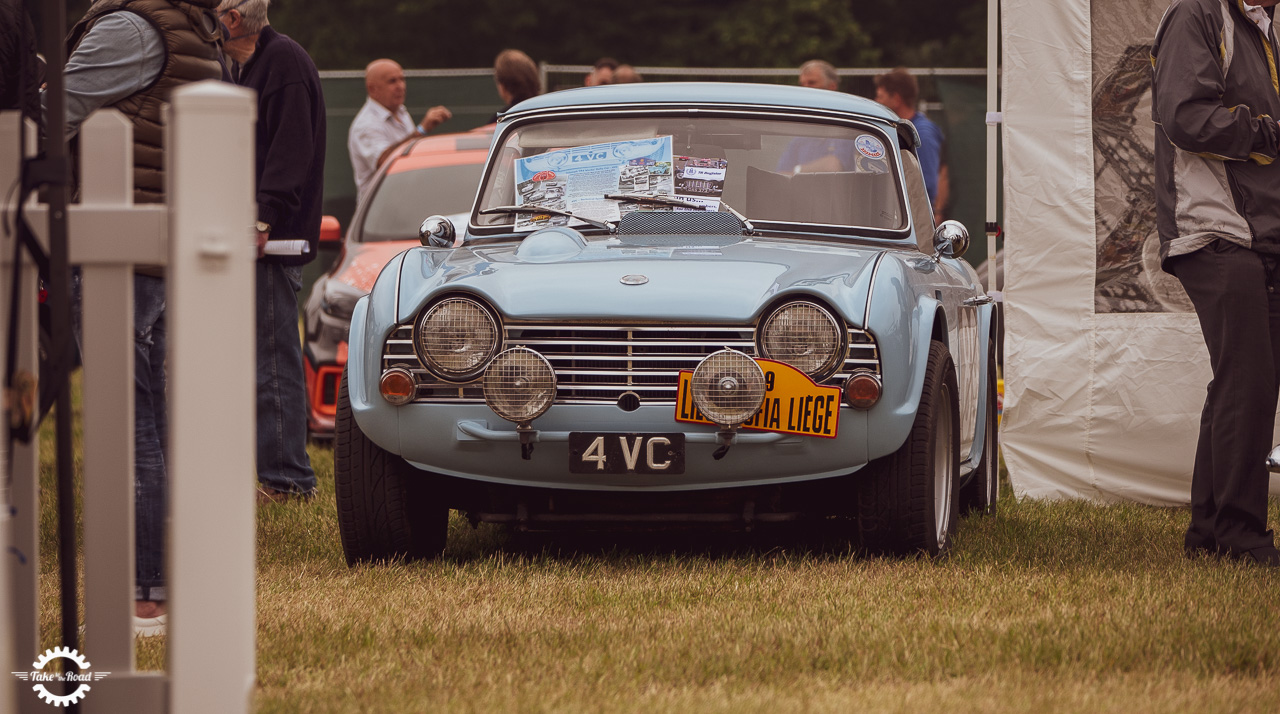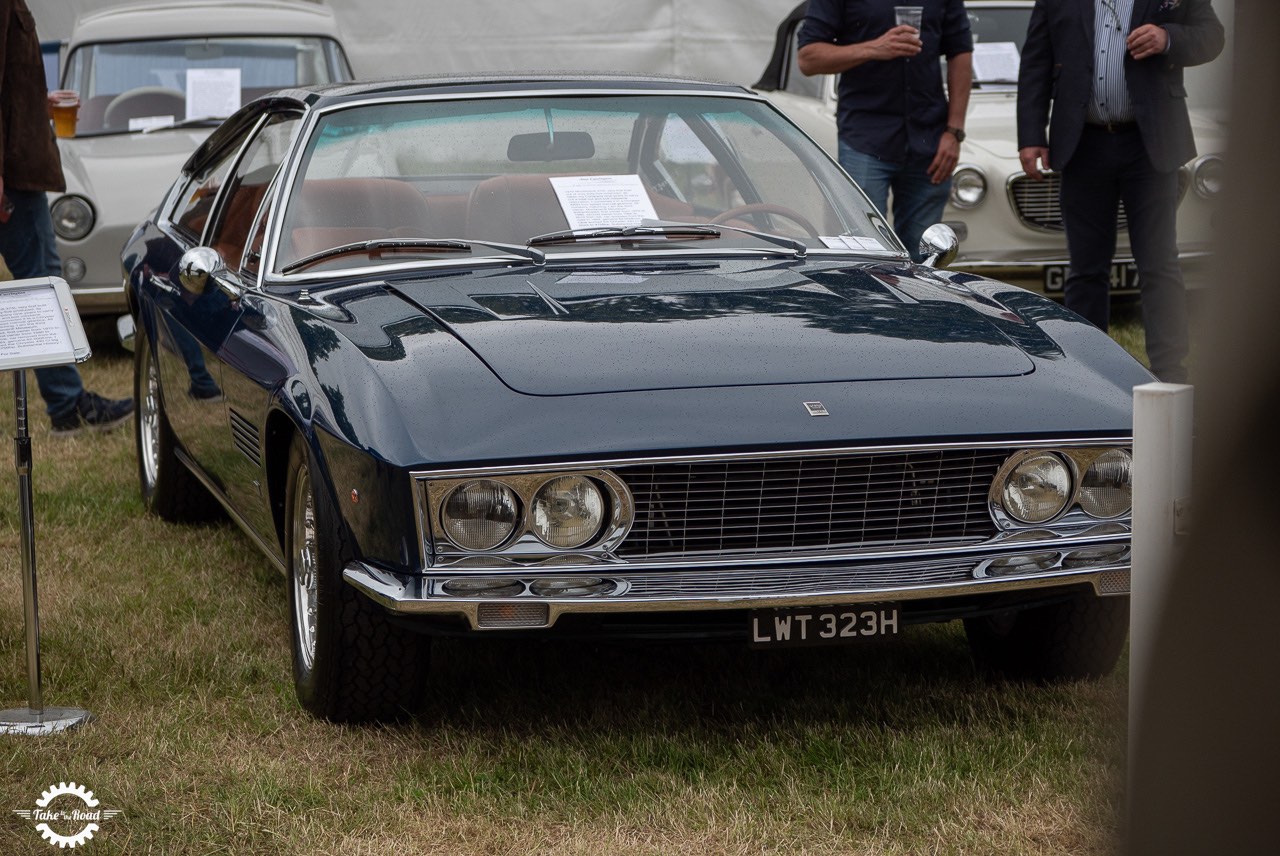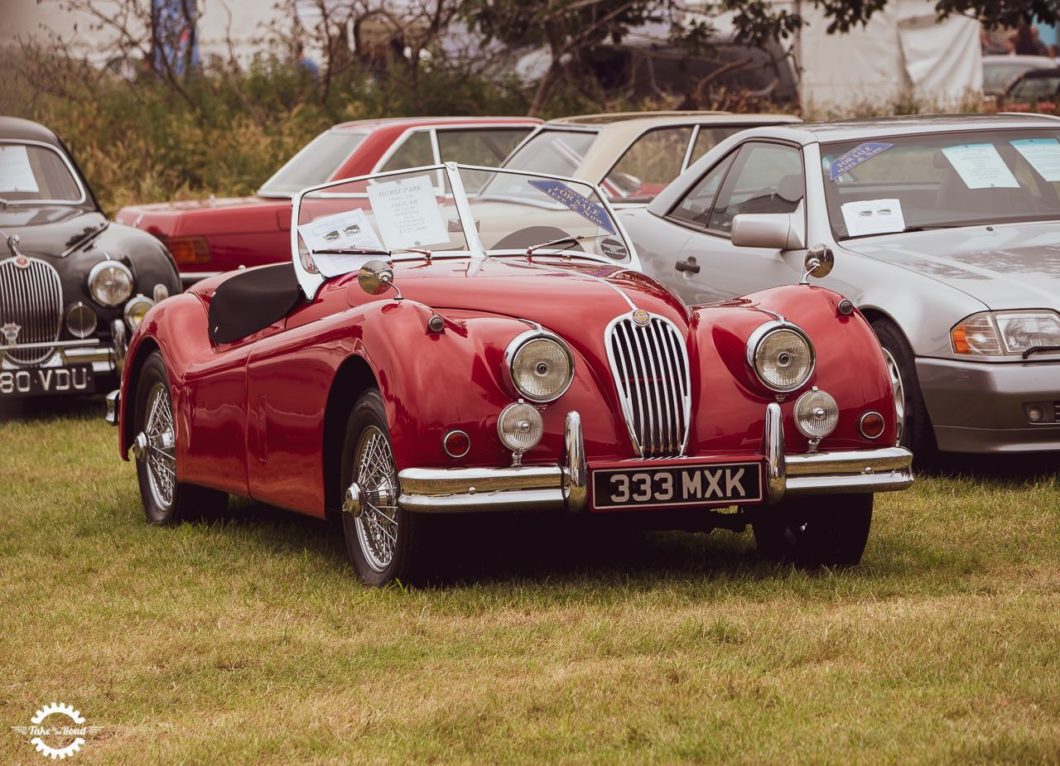If you’re interested in owning a classic car one day, or you’ve currently got your eye on a car that’s 30 to 40 years old, it’s a good idea to weigh up the pros and cons of actually purchasing it. After all, you can easily get swept away by the idea of owning a cool classic that you completely forget if this option is financially viable for you at all! And that’s something this post is here to help you determine; is that classic car really a good investment?
What budget are you working with?
The first thing to consider is always the budget you’ve got to work with. How much can you afford to spend on a classic car in questionable condition, when it comes to your usual lifestyle and road needs?

After all, if this car is just going to sit in the garage for months on end, it definitely won’t be worth buying, even if you’ve got cash to burn! At their cheapest, you’ll be looking at a price point of £6,000+ for a classic car that’s good to go. Can you really afford to afford this?
Consider where it’s coming from
Where is the classic car of your dreams coming from? Who’s selling it? What deals have they pulled off in the past? These are three questions to go through before you sign over any money into what could be a lengthy and expensive restoration project. You need to know what you’re getting into, otherwise your sense of nostalgia could easily be taken advantage of.

It’s a good idea to go around your local Used Car Dealership and strike up a conversation, as it’s much easier for you to get to know who you’re buying from when done face to face. It can be hard to determine what kind of person a dealer is, and what their lot looks like, if you’re only talking to them on the phone or online.
Do your model research
Of course, the best thing to do is to always look into what models are actually worth the time, effort, and money you put into them, and what models should be cut loose as soon as possible. Sure, you could always come across a niche yet wealthy buyer for a Porsche 944, but it’s never going to be as viable as finding and investing in an Aston Martin from the ‘60s!

Which means you need to do a bit more research into the car you’re planning to buy, and how the odds for either restoring or selling at a good price really look. If you can, join a local vintage car club, and rub shoulders with experts – they’ll be more than willing to pass their knowledge onto newbies, simply because it keeps the passion for old cars alive and kicking.

A classic car can be a good investment in the right circumstances. See how yours matches up.
This is a Take to the Road Collaborated Post


